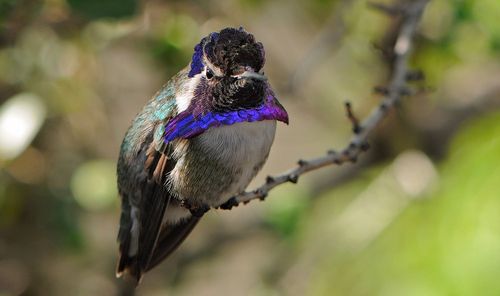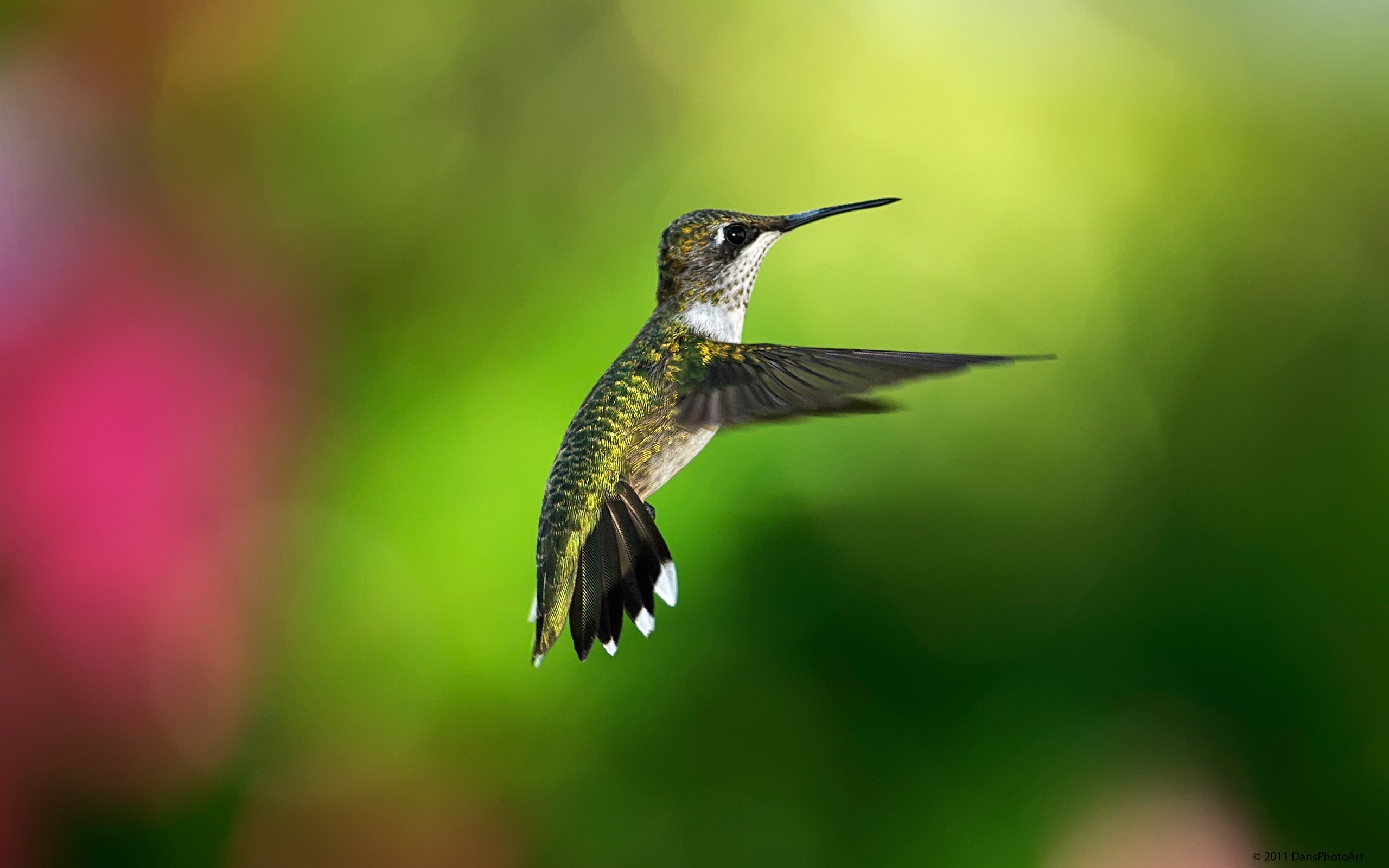Hummingbirds are fascinating creatures known for their agility, vibrant colors, and remarkable ability to hover in mid-air. If you have ever observed a hummingbird sitting on a feeder for hours, you may wonder why they exhibit this behavior. In this article, we will explore the possible reasons behind a hummingbird’s extended stay on a feeder and shed light on their intriguing habits.
1. Resting and Energy Conservation
Hummingbirds have an incredibly high metabolic rate and need to consume large amounts of nectar to fuel their active lifestyle. However, they also need to conserve energy to survive. Here’s why a hummingbird may sit on a feeder for extended periods:
- Resting: Hummingbirds may rest on feeders to conserve energy between feeding bouts. Sitting allows them to reduce energy expenditure and recharge before their next flight.
- Conserving Energy: Hovering in mid-air requires a significant amount of energy. By perching on a feeder, hummingbirds can conserve energy by reducing the need to hover constantly.
- Monitoring Territory: Hummingbirds are territorial creatures. Sitting on a feeder allows them to keep an eye on their food source and defend it from potential rivals.

2. Temperature Regulation
Hummingbirds are highly sensitive to temperature changes, and their behavior is influenced by the surrounding environment. Here’s why a hummingbird may spend prolonged periods on a feeder:
- Thermoregulation: Hummingbirds use various methods to regulate their body temperature. Sitting on a feeder in the sun can help them absorb warmth and raise their body temperature.
- Cooling Down: On hot days, hummingbirds may sit on a feeder in shaded areas to escape direct sunlight and lower their body temperature.
- Preserving Energy: By sitting on a feeder in optimal temperature conditions, hummingbirds can conserve energy that would otherwise be spent on maintaining body temperature.
3. Observation and Monitoring
Hummingbirds are curious creatures and are constantly vigilant of their surroundings. Here are reasons why a hummingbird may spend hours on a feeder:
- Feeder Assessment: Hummingbirds may sit on a feeder for extended periods to assess the nectar availability and quality before committing to feeding.

- Safety Check: Before approaching a feeder, hummingbirds often observe the surroundings to ensure there are no potential threats, such as predators or dominant hummingbirds.
- Learning Behavior: Young or inexperienced hummingbirds may spend more time on a feeder to observe the feeding techniques of other individuals and learn from them.
4. Nesting and Territory Defense
Hummingbirds are fiercely territorial and protective of their nesting sites. Here’s why a hummingbird may remain on a feeder for extended periods:
- Nest Construction: Female hummingbirds spend a significant amount of time building nests. They may perch on a feeder nearby to gather nesting materials, such as spider silk or small twigs.
- Territory Defense: Sitting on a feeder allows hummingbirds to guard their territory and prevent intruders from accessing their food source or nesting site.
- Mating Displays: Male hummingbirds often perform elaborate aerial displays to attract mates. Sitting on a feeder gives them a vantage point to showcase their vibrant plumage and agility.
5. Health and Well-being
Hummingbirds, like any other creature, may experience health-related issues. Here are some reasons why a hummingbird may spend excessive time on a feeder:
- Injury or Illness: A hummingbird with an injury or illness may sit on a feeder for extended periods as it may be unable to fly or have reduced mobility.
- Recovery: Sick or injured hummingbirds may seek out a safe and food-rich environment, such as a feeder, to aid their recovery.

- Molting: During the molting process, when hummingbirds shed and replace their feathers, they may spend more time on a feeder to conserve energy and protect their sensitive new feathers.
- Feeder Preference: Some hummingbirds may simply find a particular feeder more appealing due to its location, nectar concentration, or design, causing them to spend more time there.
Conclusion
Hummingbirds are captivating creatures with unique behaviors. While it may seem unusual for a hummingbird to sit on a feeder for hours, there are several valid reasons behind this behavior, including resting, energy conservation, temperature regulation, observation, nesting, territory defense, and health. By observing these tiny birds closely, we can gain a deeper understanding of their fascinating lives and appreciate their remarkable adaptations. So, the next time you spot a hummingbird spending an extended period on a feeder, take a moment to marvel at their resilience and resourcefulness.




